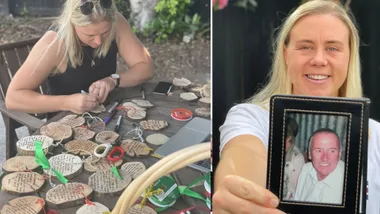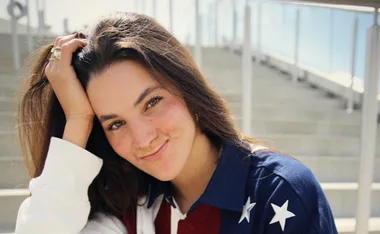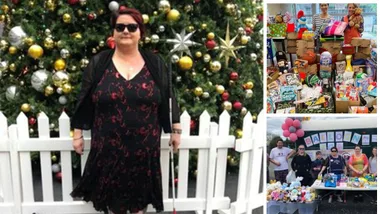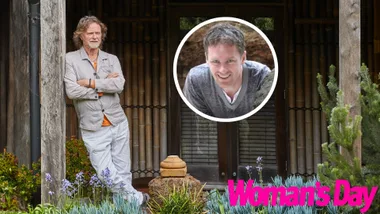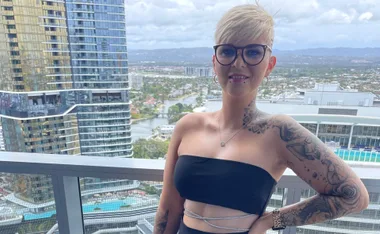Just a few months ago, seven-year-old Carys Bradshaw complained of unexplained headaches and sporadic vomiting.
In an attempt to rule out the worst case scenarios, Carys underwent an MRI. Instead, she was diagnosed with Diffuse Intrinsic Pontine Glioma (DIPG) – a very rare and aggressive form of brain cancer found deep inside the brain stem which tends to predominantly affect young children.
And the news only got worse. DIPG is inoperable and there is no cure.
Her mum Rachel was understandably shattered. How could Carys have gone from being a healthy and happy little girl to suffering from an inoperable cancer?

“With radiotherapy the prognosis for recovery is less than 1% and life expectancy is 9 months to a year after diagnosis,” she explained on Go Fund Me.
“The sadness of the prognosis of this disease is completely overwhelming. We can’t imagine life without Carys,” Rachel continued. “We can’t accept that our lively, beautiful, witty, kind and loving little girl will never grow up, or that her little sister Maya will have to live her life without the support and love of her wonderful big sister.”
The biggest obstacle to effectively treatment of DIPG is something called a blood brain barrier. This prevents the drugs in traditional IV chemotherapy transferring from the bloodstream into the brain, meaning children with DIPG receive only the side effects and none of the benefits of chemotherapy.

However, in the UK, Professor Steven Gill and a consultant neurosurgeon at the University of Bristol, along with Dr Stegios Zacharoulis, a paediatric oncologist, are leading a ground breaking DIPG research trial.
They use a neurosurgical method to directly deliver drugs to the brain – a process called Convection Enhanced Delivery (CED).
CED bypasses the blood brain barrier to attack the tumour and is proving effective with far less unpleasant side effects for the child.
Thankfully, Carys has been accepted into a DIPG CED research trial in London which starts in April.
The trial will obviously be vital for Carys, but also a great help for other children suffering DIPG.

Rachel Bradshaw is currently fundraising for Carys to receive her treatment, her Go Fund Me page can be found here.
Our heartfelt best wishes to this brave little girl and her entire family.





